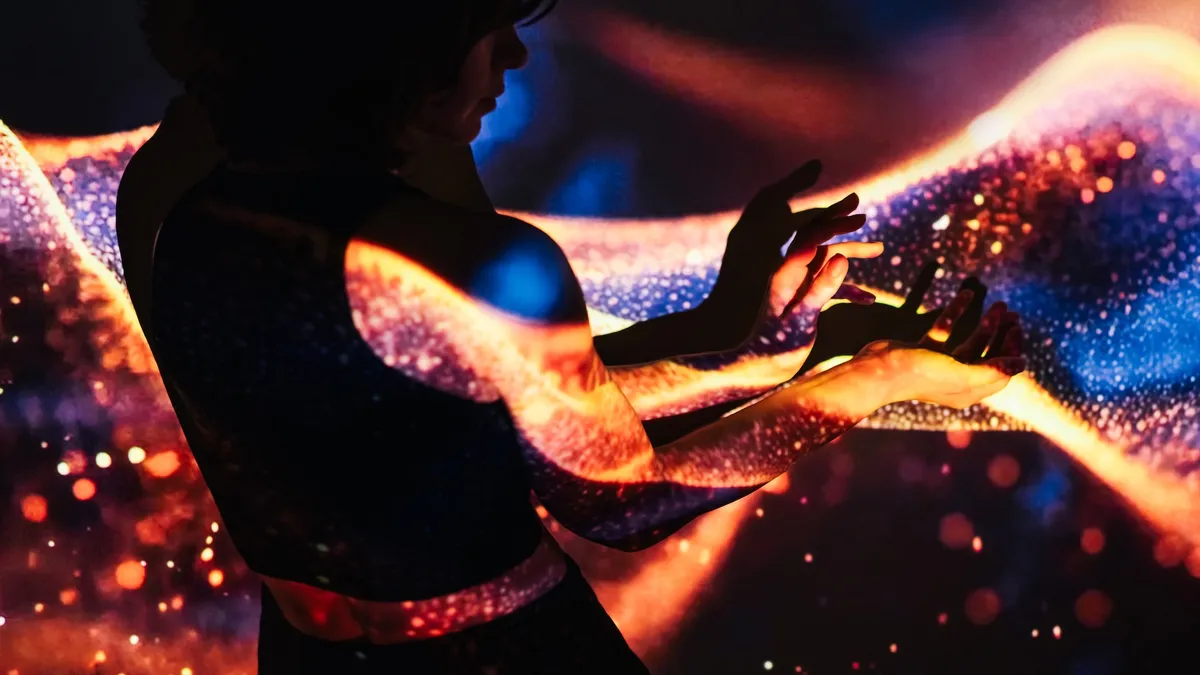
A recent clinical trial has unveiled promising results regarding the use of LSD, a psychedelic drug, for alleviating symptoms of generalized anxiety disorder (GAD). The study, published on September 4 in JAMA, highlights data gathered from 194 individuals across the United States who were experiencing moderate to severe anxiety. This pivotal research compared the effects of various doses of LSD against a placebo treatment, marking a significant advancement in psychedelic drug research.
The findings indicated that a single dose of LSD could lessen anxiety symptoms for an extended period, with effects lasting at least three months for many participants. Notably, individuals who received low doses of LSD—specifically 25 or 50 micrograms—did not exhibit substantial improvements in their symptoms. In contrast, higher doses of 100 or 200 micrograms resulted in marked alleviation of anxiety. In fact, those taking the 100-microgram dosage experienced the most significant benefits, with approximately 47% achieving remission based on standardized anxiety rating scales twelve weeks post-treatment.
In comparison, only about 20% of the placebo group reached remission during the same timeframe, highlighting the efficacy of LSD in treating anxiety. Furthermore, around 65% of participants in the high-dose group reported a reduction in their anxiety scores by at least half, showcasing the potential of LSD as a viable treatment option for GAD.
This groundbreaking study, as noted by Dr. Claudio Soares, a professor of psychiatry at Queen's University School of Medicine in Ontario, is the first of its kind to assess various doses of LSD compared to a placebo specifically for anxiety relief. The trial's design, which did not incorporate psychotherapy into the treatment, allows for a clearer understanding of whether LSD alone possesses anti-anxiety effects.
The results also emphasize an early response to treatment and suggest positive impacts on co-occurring depressive symptoms, both of which are encouraging for future research endeavors. As Dr. Soares pointed out, this research could significantly contribute to the evolving field of psychedelic therapy.
Despite the availability of approved anti-anxiety medications, many patients do not experience sufficient relief. The trial's authors have highlighted that approximately 50% of individuals fail to respond adequately to conventional treatments, such as benzodiazepines and selective serotonin reuptake inhibitors (SSRIs), which are also prescribed for depression. This reality underscores the urgent need for more effective and well-tolerated anti-anxiety medications, where LSD may provide a promising alternative.
The psychoactive properties of LSD are believed to stem from its ability to enhance communication between brain cells that typically do not interact. This unique action may foster a period of heightened neural plasticity, allowing individuals with anxiety to disrupt harmful cognitive patterns that define their condition. However, this mechanism is not yet fully understood, and ongoing research is necessary to elucidate the specific ways in which LSD influences anxiety.
Previous trials combining LSD with psychotherapy suggested that the drug might produce positive and lasting effects in treating anxiety. However, differentiating the impact of LSD from that of therapy was challenging. The current study sought to address this by including participants who were not undergoing psychotherapy at the time of the trial. It’s worth noting that 18% of participants were receiving therapy, which continued throughout the study.
At the study's outset, participants averaged a score of 30 on an anxiety scale ranging from 0 to 56, where scores above 24 indicate severe anxiety. Those receiving the 100-microgram dose experienced an average score drop of 21 points, with improvements becoming evident just one day after dosing and lasting through week 12.
While the side effects associated with LSD treatment, such as visual disturbances and elevated mood, were largely expected and resolved after dosing, some participants opted out of the trial due to these effects. This indicates that while LSD shows great promise, it may not be suitable for all patients.
While the trial's limitations—such as the short three-month follow-up and the inclusion of individuals receiving therapy—should be acknowledged, the findings provide critical insights that could shape regulatory practices for the use of psychedelic drugs as standalone treatments. Future research will be essential to determine the longevity of LSD's effects following a single dose, paving the way for innovative treatments for anxiety disorders.